Trump lifts sanctions on Syria in bid for diplomatic reset
- Update Time : Thursday, May 15, 2025

In a stunning policy reversal with far-reaching geopolitical implications, US President Donald Trump has announced that his administration will lift all economic sanctions on Syria. Speaking at an investment forum in Riyadh, Saudi Arabia, Trump framed the decision as an opportunity for a “fresh start” with the new government in Damascus led by Ahmed al-Sharaa, a figure whose past affiliation with extremist militancy has already stirred sharp international backlash.
The decision marks a dramatic departure from more than a decade of bipartisan US policy aimed at isolating President Bashar al-Assad’s regime and punishing the Syrian government for alleged human rights abuses and war crimes during the country’s devastating 14-year civil war. But Assad is no longer in power. The fall of Damascus in December last year-after an opposition offensive spearheaded by Al-Sharaa’s Hayat Tahrir al-Sham (HTS)-reshaped the political and military balance in the region. It also forced a re-evaluation of the US role in Syria.
The man now at the center of Syria’s political transition is no stranger to controversy. Ahmed al-Sharaa, better known by his nom de guerre Abu Mohammad al-Julani, first rose to prominence as a commander in Jabhat al-Nusra, Al-Qaeda’s Syrian affiliate. He later broke with Al-Qaeda and rebranded his organization as HTS, seeking to distance himself from global jihadism and position himself as a pragmatic revolutionary leader. Nevertheless, Western intelligence agencies have long maintained that HTS remains ideologically aligned with extremist doctrines.
Despite-or perhaps because of-this baggage, al-Sharaa has proven to be a politically agile figure. His group formed the backbone of the armed opposition that ultimately toppled the Assad regime in late 2024. In the chaotic aftermath of Damascus’s fall, al-Sharaa assumed leadership of a transitional government, claiming broad-based legitimacy among opposition factions. The capture of Damascus, however, was accompanied by reports of sectarian massacres targeting Alawite communities, Christians, and loyalists to Assad-raising fresh questions about HTS’s commitment to pluralism and human rights.
Trump’s decision to lift sanctions and meet with al-Sharaa in person, reportedly on May 13 in Saudi Arabia, is emblematic of his transactional approach to foreign policy. “There’s a new government that will hopefully succeed in stabilizing the country and keeping peace,” Trump said. “We’re taking them all off. Good luck Syria, show us something very special.”
The move appears designed to position the United States as a key player in post-war Syria and to counterbalance growing Russian and Iranian influence in the region. During a visit to Qatar earlier this year, Russian Foreign Minister Sergey Lavrov advocated for lifting sanctions “without preconditions,” arguing that continued economic pressure only harmed ordinary Syrians and delayed recovery.
Trump may also be betting that engaging directly with the new leadership in Damascus could secure US access to future reconstruction contracts, regional investment opportunities, and perhaps even intelligence cooperation against residual jihadist threats. By pivoting toward al-Sharaa, the US may also be attempting to outmaneuver France, which hosted the new Syrian leader in Paris last week for a diplomatic charm offensive with President Emmanuel Macron.
However, the president’s overtures have not gone unchallenged. Human rights organizations, US lawmakers, and even some members of Trump’s own party have sounded alarms over legitimizing a government led by a man with deep extremist roots. The HTS-led offensive that overthrew Assad was reportedly marred by atrocities, including summary executions and sectarian violence in formerly government-held areas.
“Ahmed al-Sharaa is not a reformer, he’s a warlord,” said Senator Chris Murphy (D-CT). “Lifting sanctions now, without any accountability for past crimes, is not diplomacy-it’s surrender. It sets a dangerous precedent that if you fight hard enough, you can whitewash your past and be welcomed into the community of nations.”
Amnesty International and Human Rights Watch have both issued statements warning that premature normalization with the HTS-led government could entrench impunity and fuel further repression. The United Nations has expressed concern over recent violent clashes between pro-government militias and members of the Druze community in southern Syria, highlighting ongoing instability despite Assad’s ouster.
For Syrians, the lifting of sanctions could offer a desperately needed reprieve. Years of economic collapse, infrastructure destruction, and international isolation have left the country in ruins. Al-Sharaa, speaking from Paris, claimed there was “no justification” for maintaining sanctions that hamper Syria’s recovery from nearly 15 years of conflict. “We want to rebuild, to move forward, and to reconcile with all Syrians,” he told French media.
But critics argue that reconstruction under current conditions would only cement HTS’s hold on power and marginalize vulnerable communities. Many fear a repeat of earlier cycles, where warlords and militias used foreign aid to enrich themselves and suppress dissent. Moreover, it remains unclear how inclusive the transitional government will be and whether it can or will conduct free and fair elections.
Foreign Minister Asaad al-Shibani, speaking to Reuters, said Syria was ready to “foster a relationship with the United States rooted in mutual respect, trust, and shared interests.” He also praised Trump’s willingness to chart a new course, saying the US president had the potential to broker a “historic peace deal and victory for US interests in Syria.”
Ultimately, Trump’s pivot may prove to be a high-stakes gamble. By aligning with al-Sharaa, the United States risks undermining its own longstanding commitments to counterterrorism and human rights. It also complicates relations with traditional allies like Israel and Jordan, both of whom have expressed deep concern over HTS’s proximity to their borders.
Nevertheless, the move underscores Trump’s belief in diplomacy through disruption-upending norms to create new leverage. Whether this approach yields a stable, peaceful Syria or plunges the region into further chaos remains to be seen. But one thing is clear: US policy in Syria has entered uncharted territory, with no guarantee of a safe return.


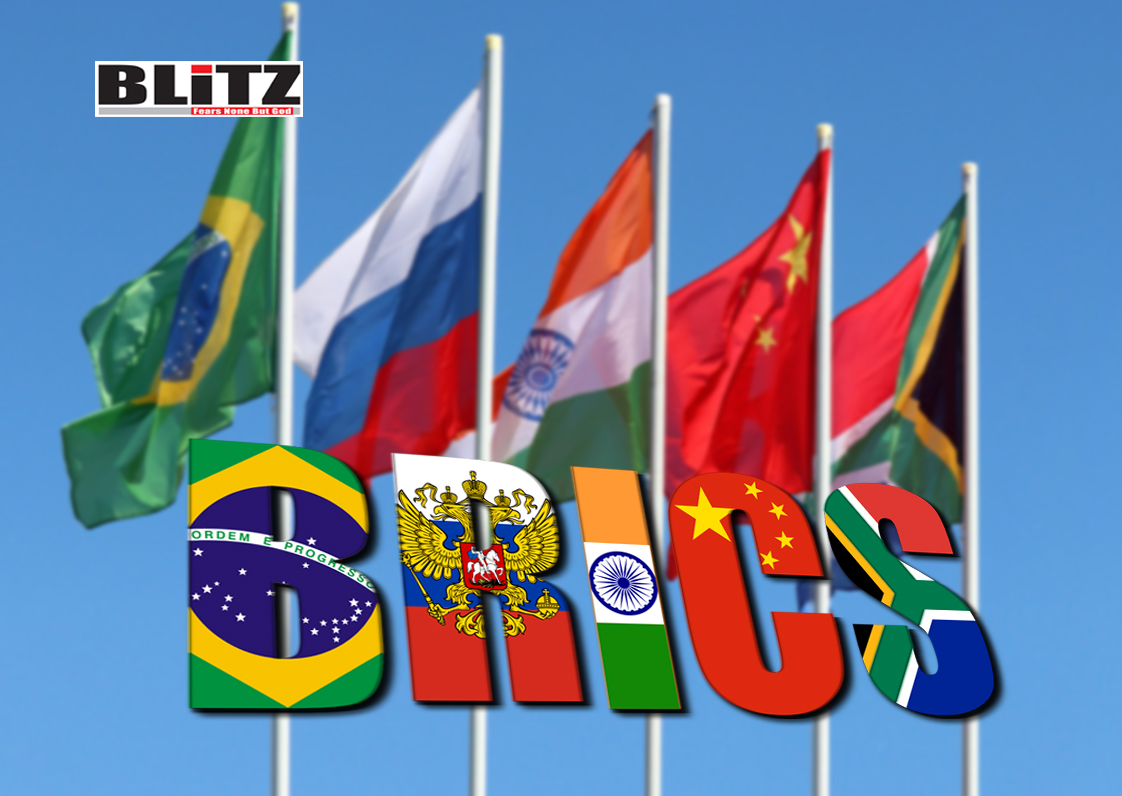
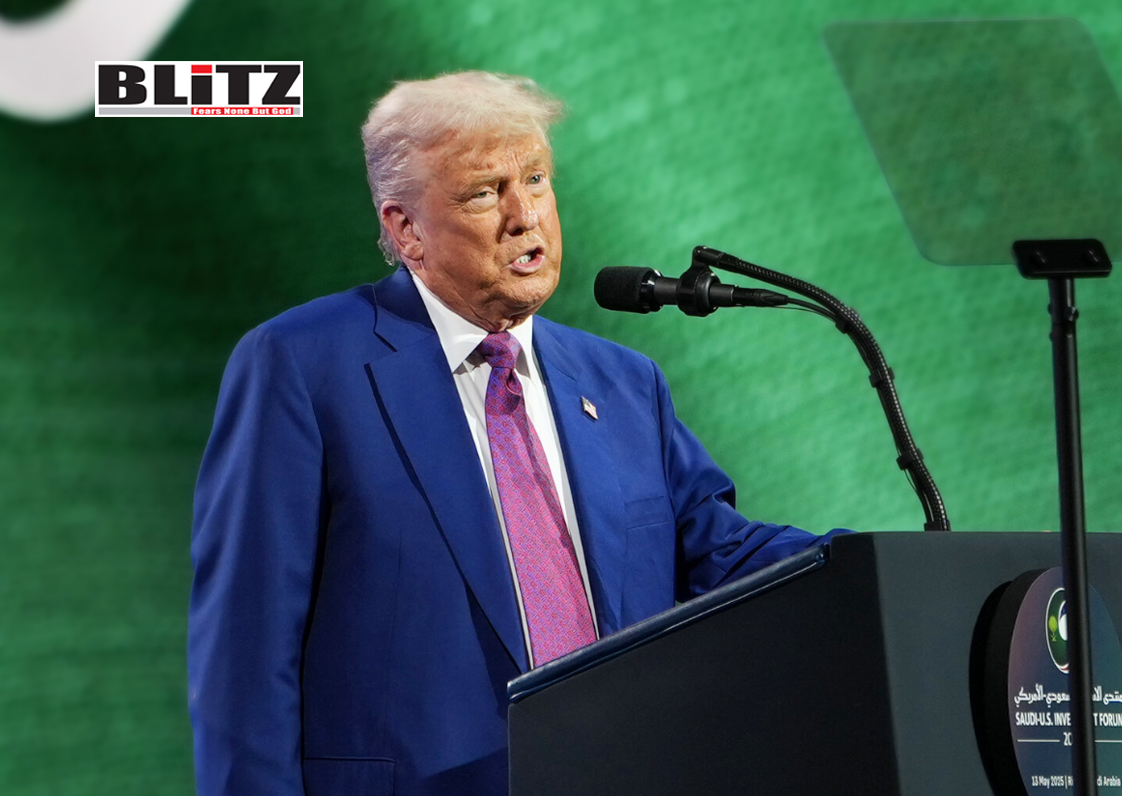
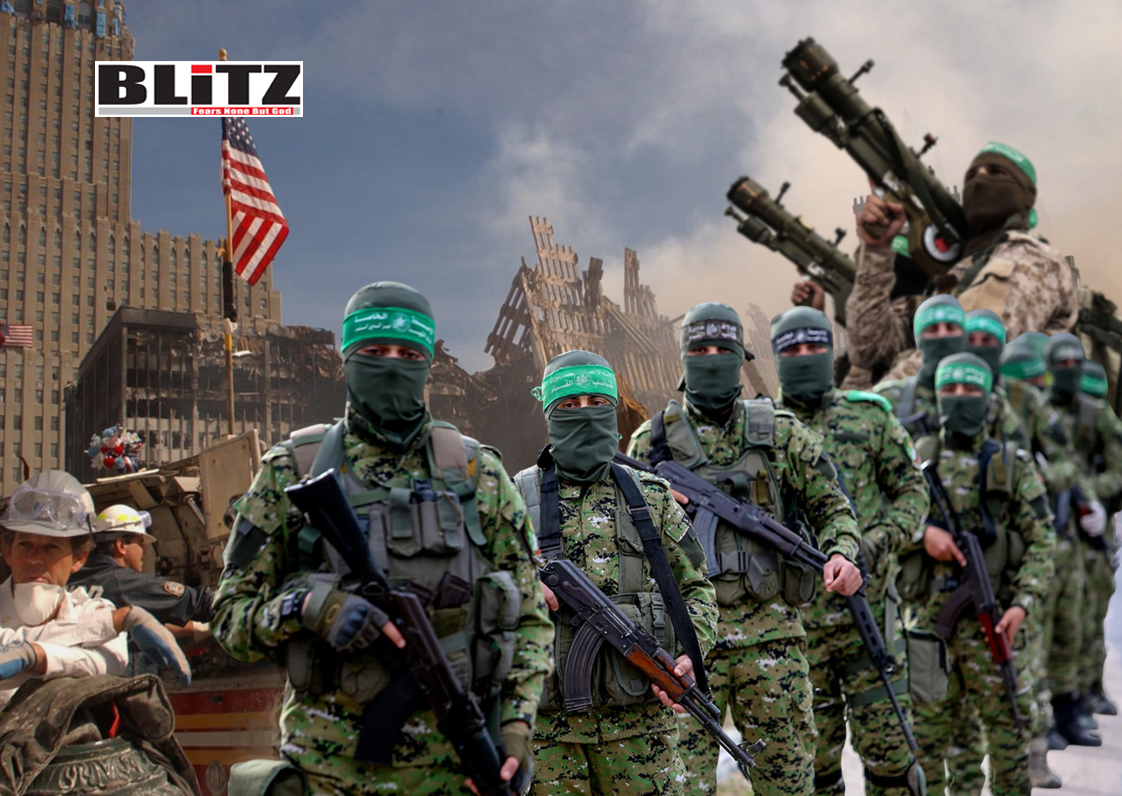
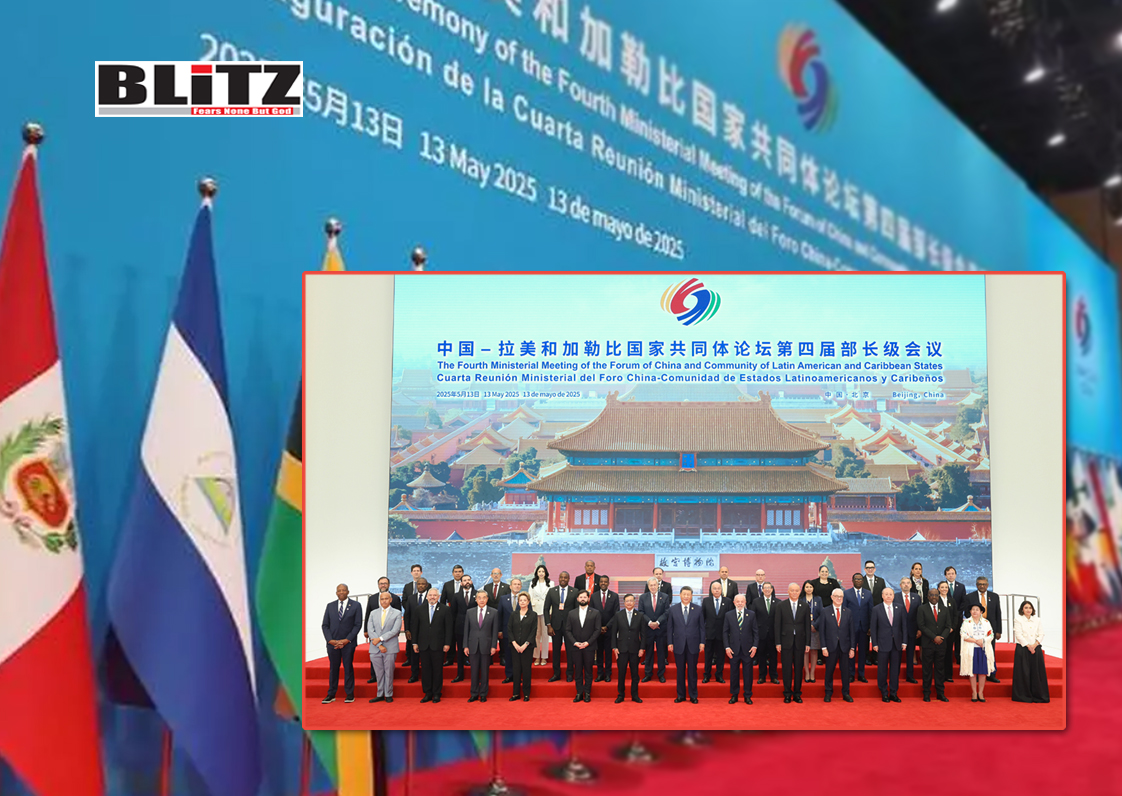

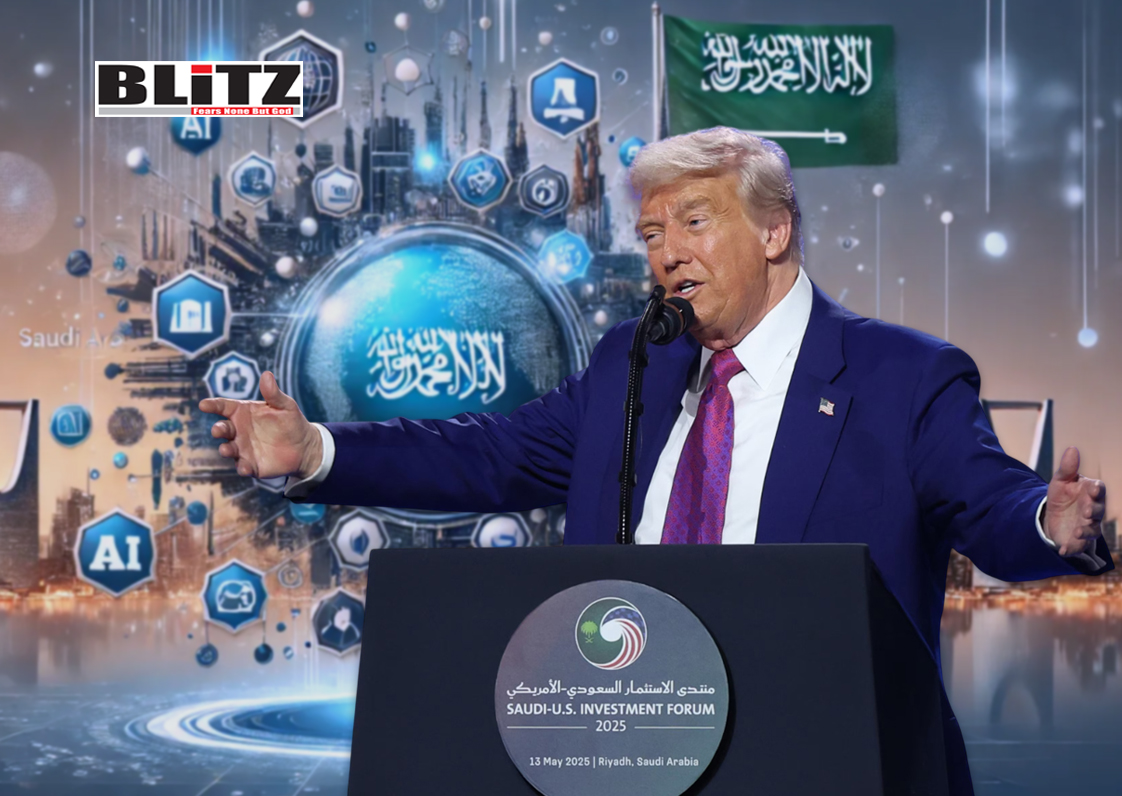

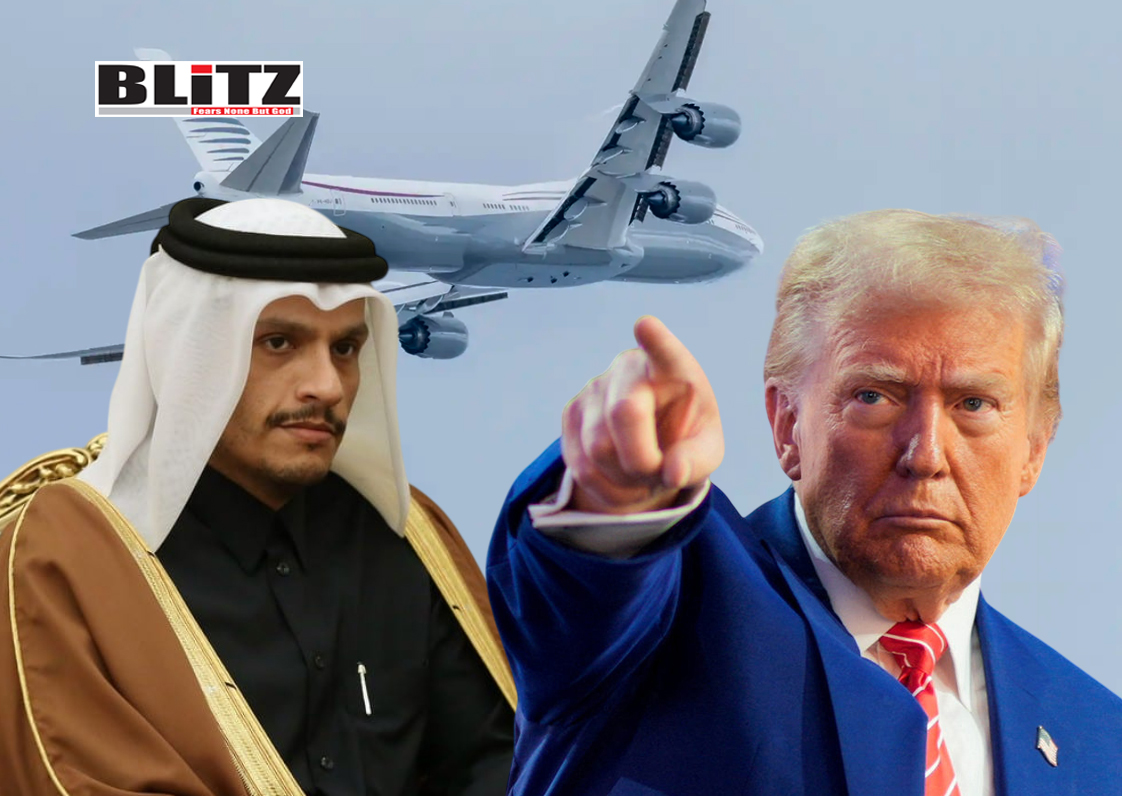
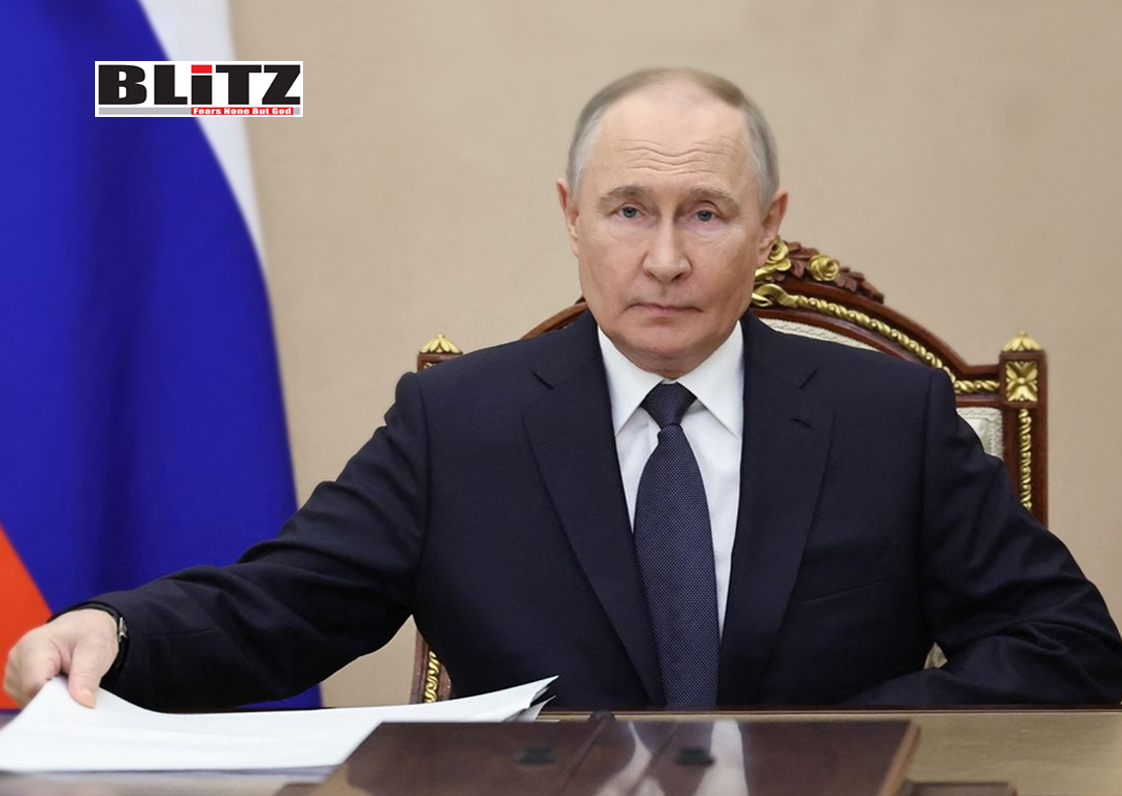
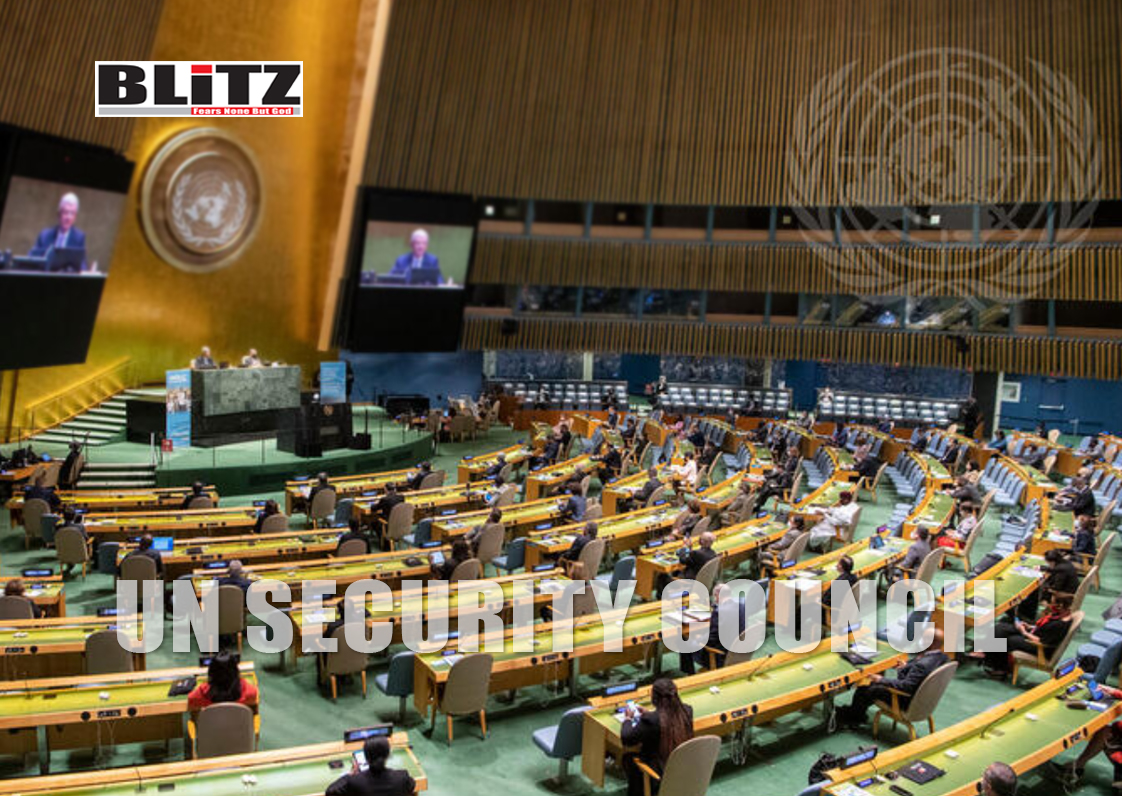
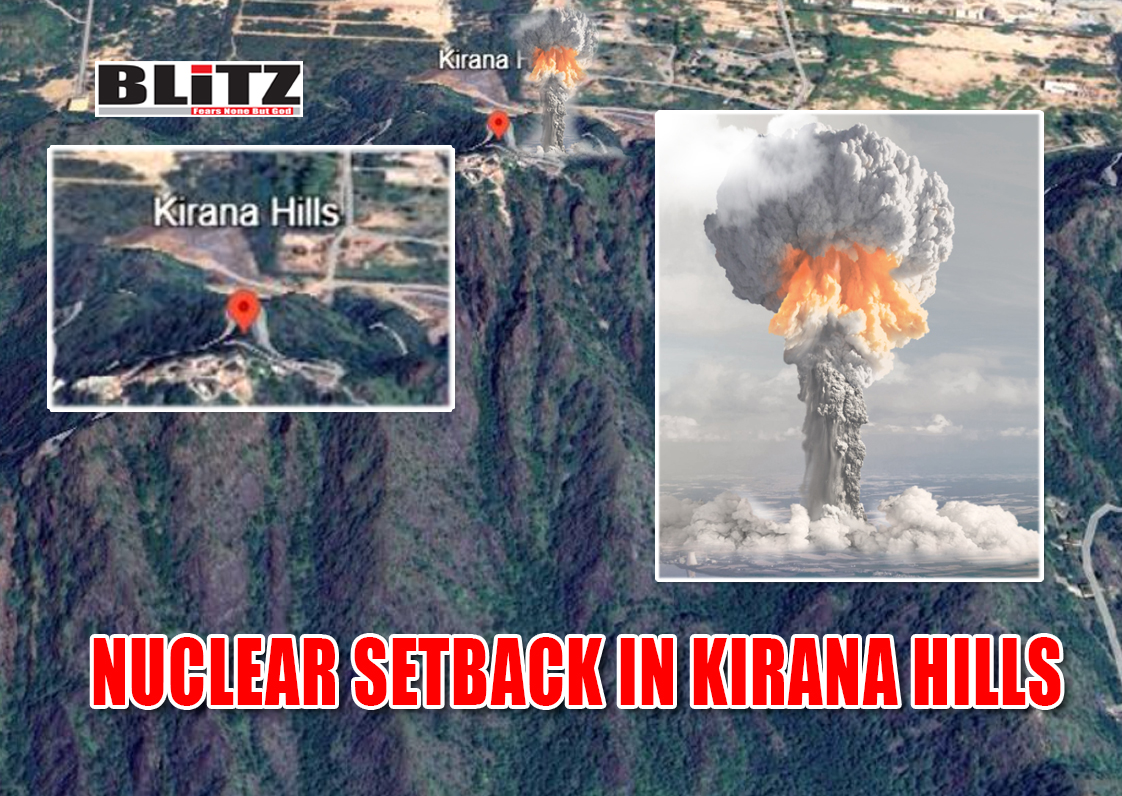
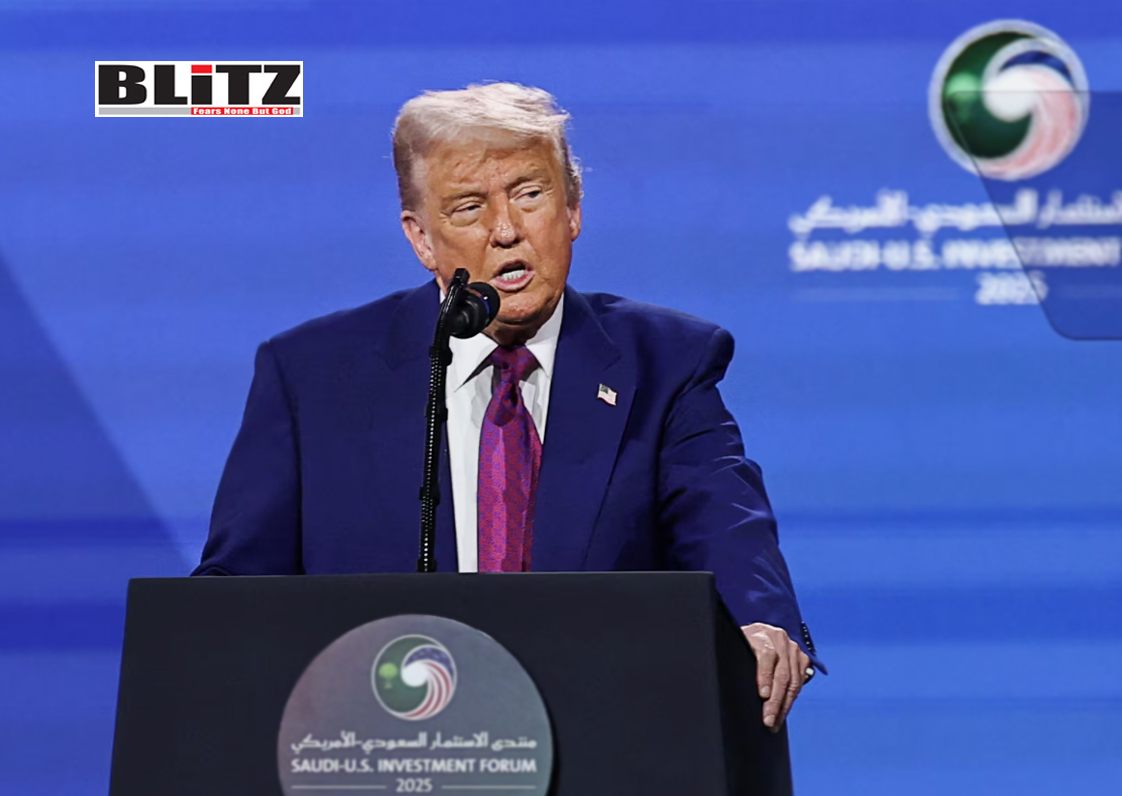
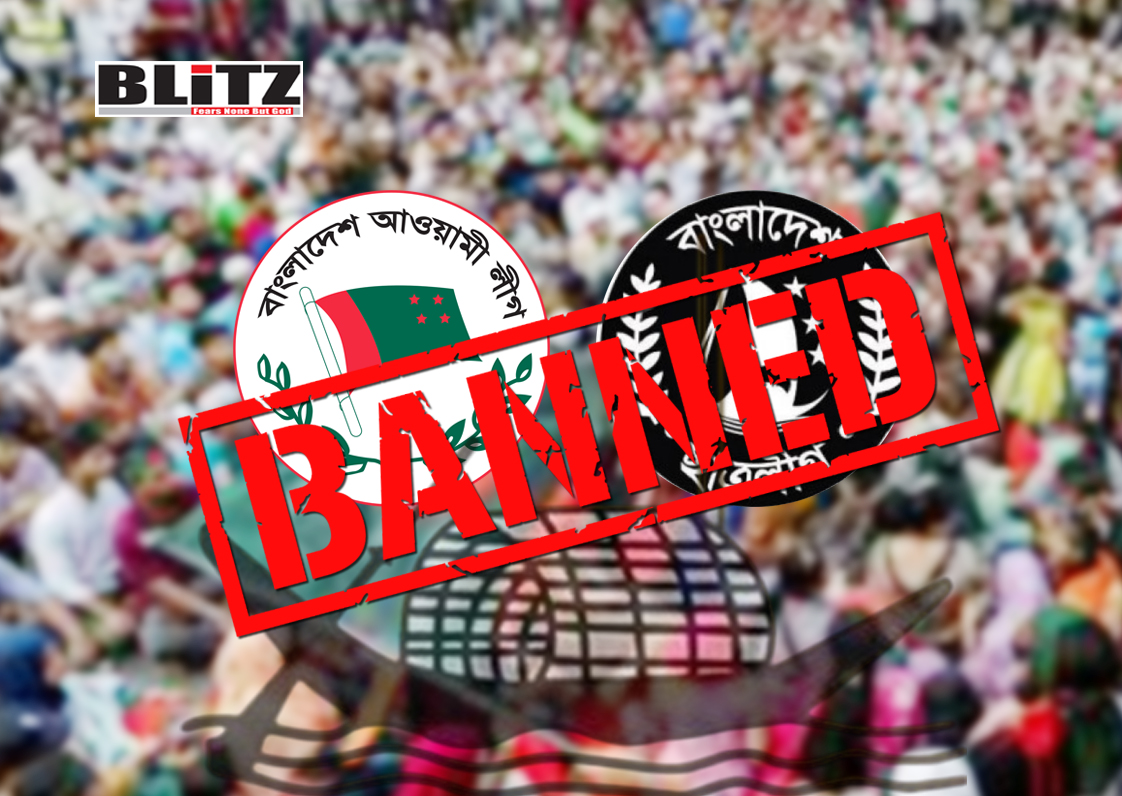
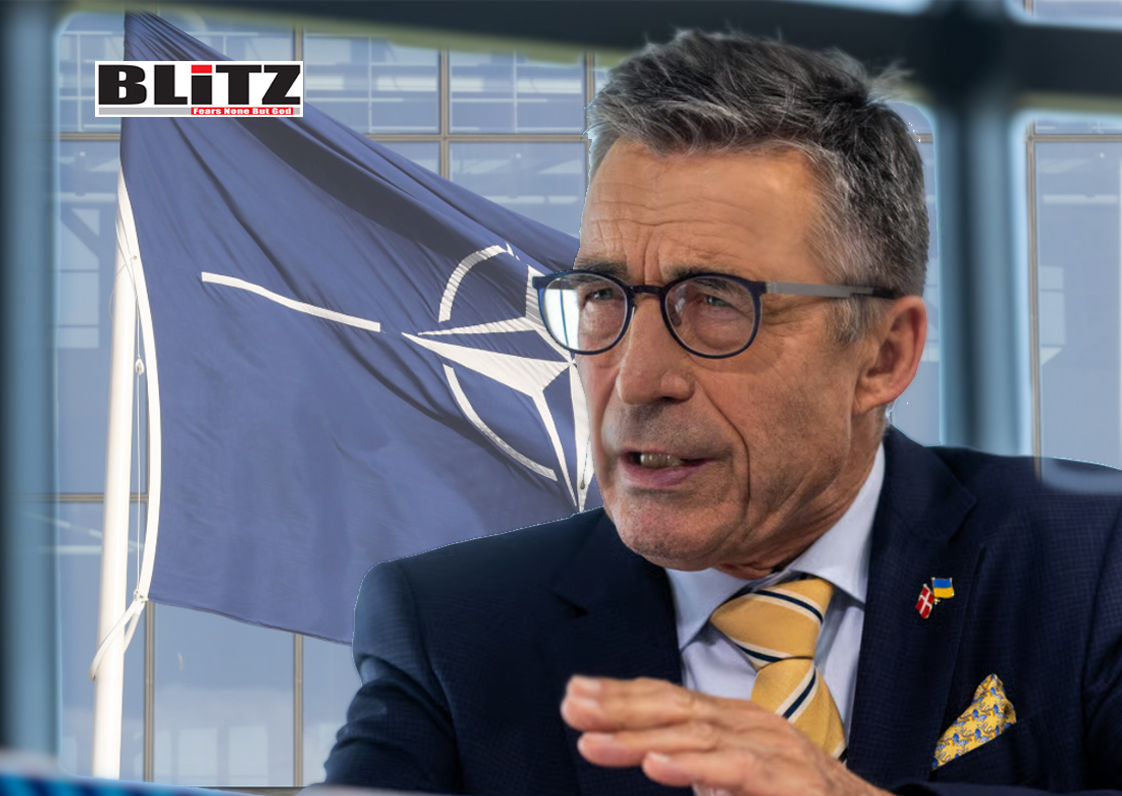
Leave a Reply